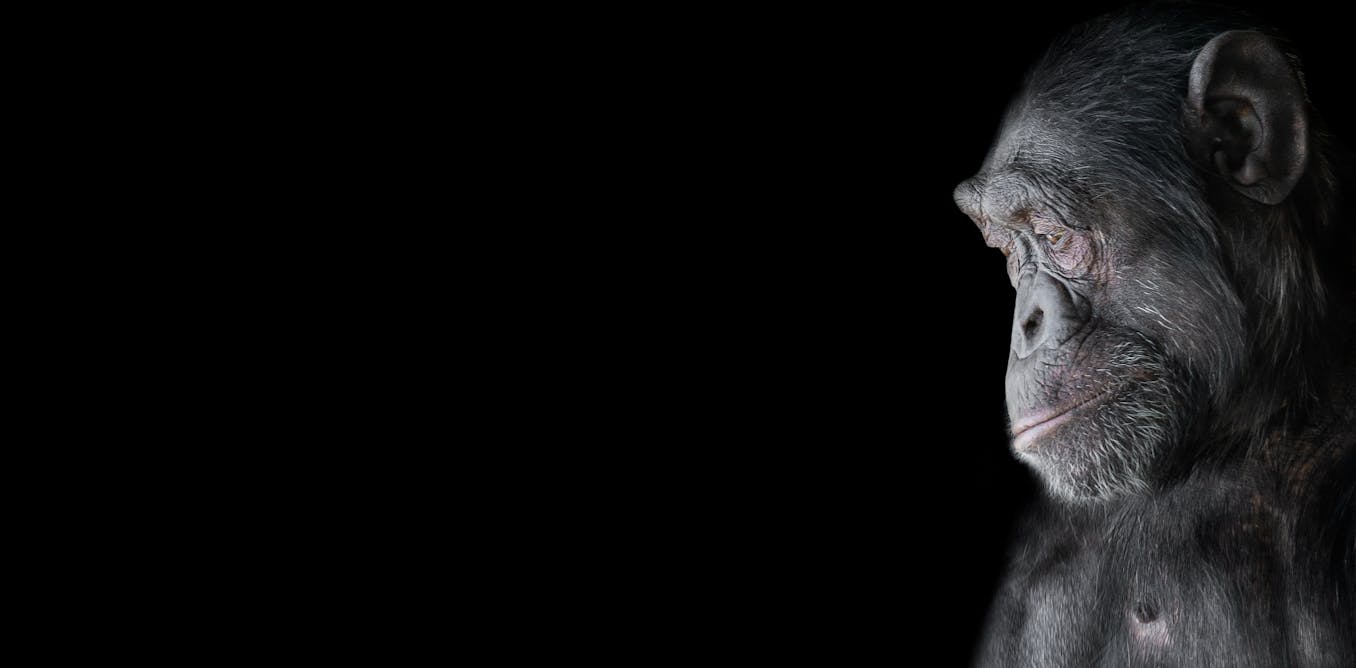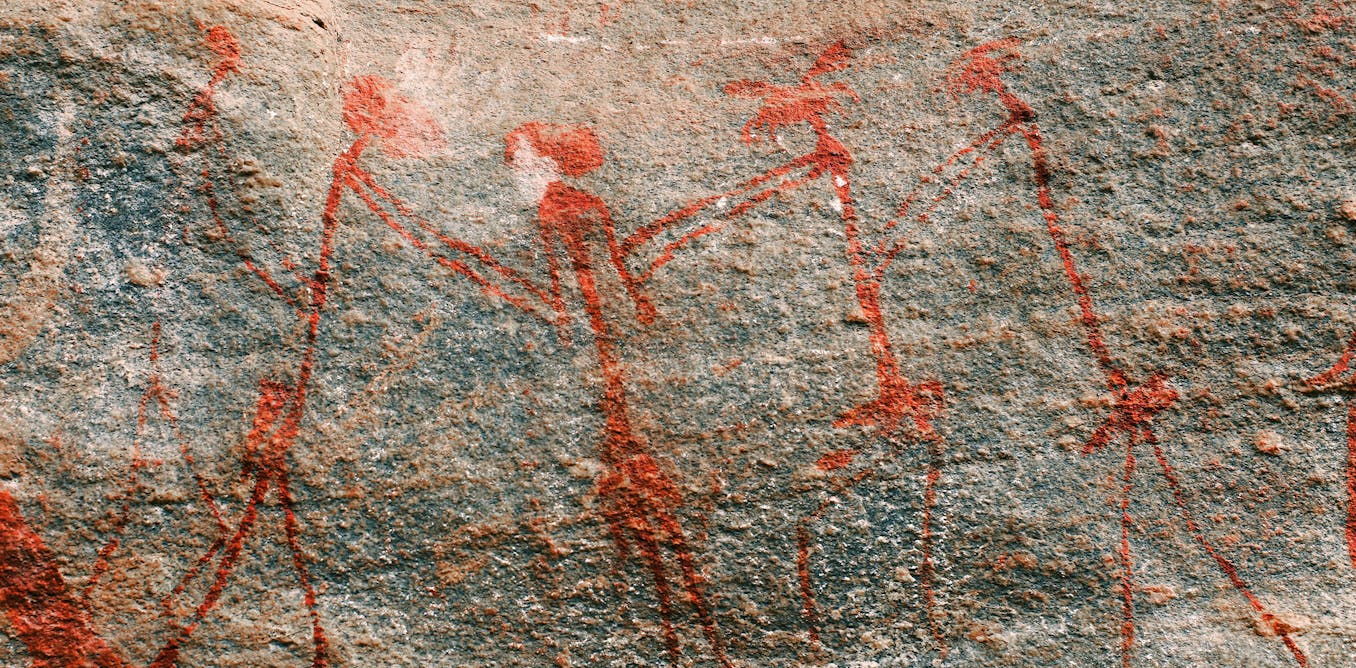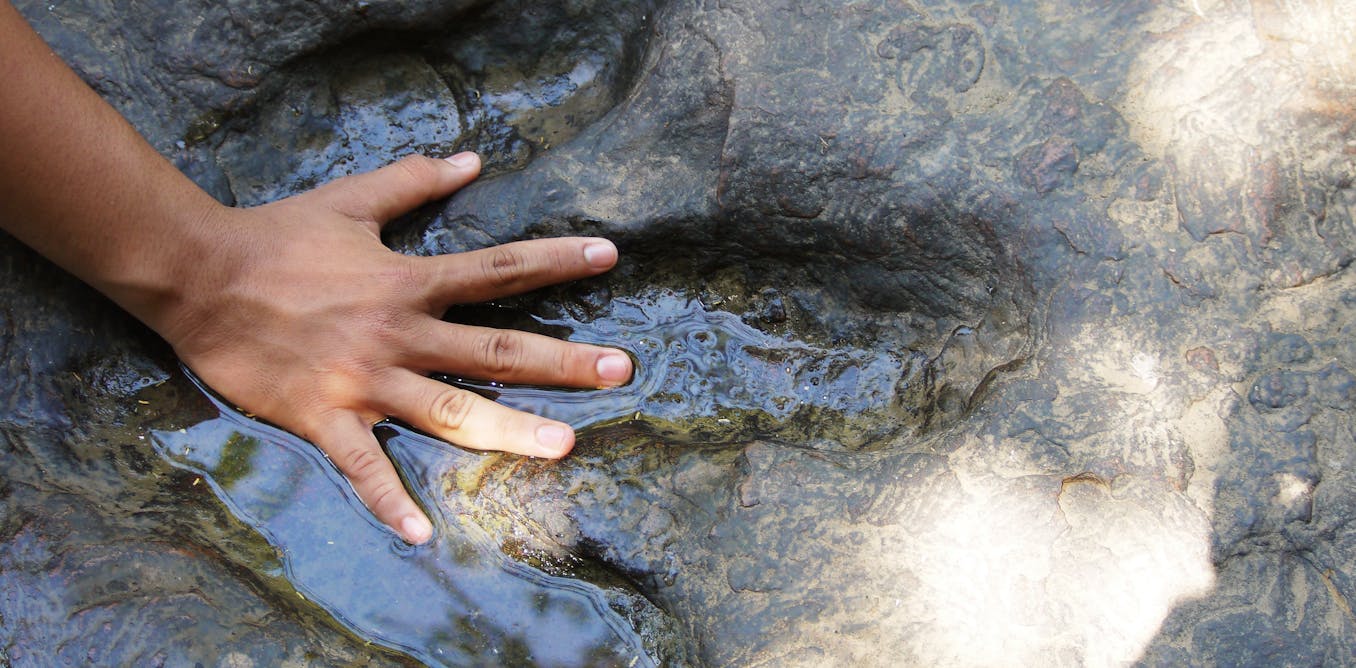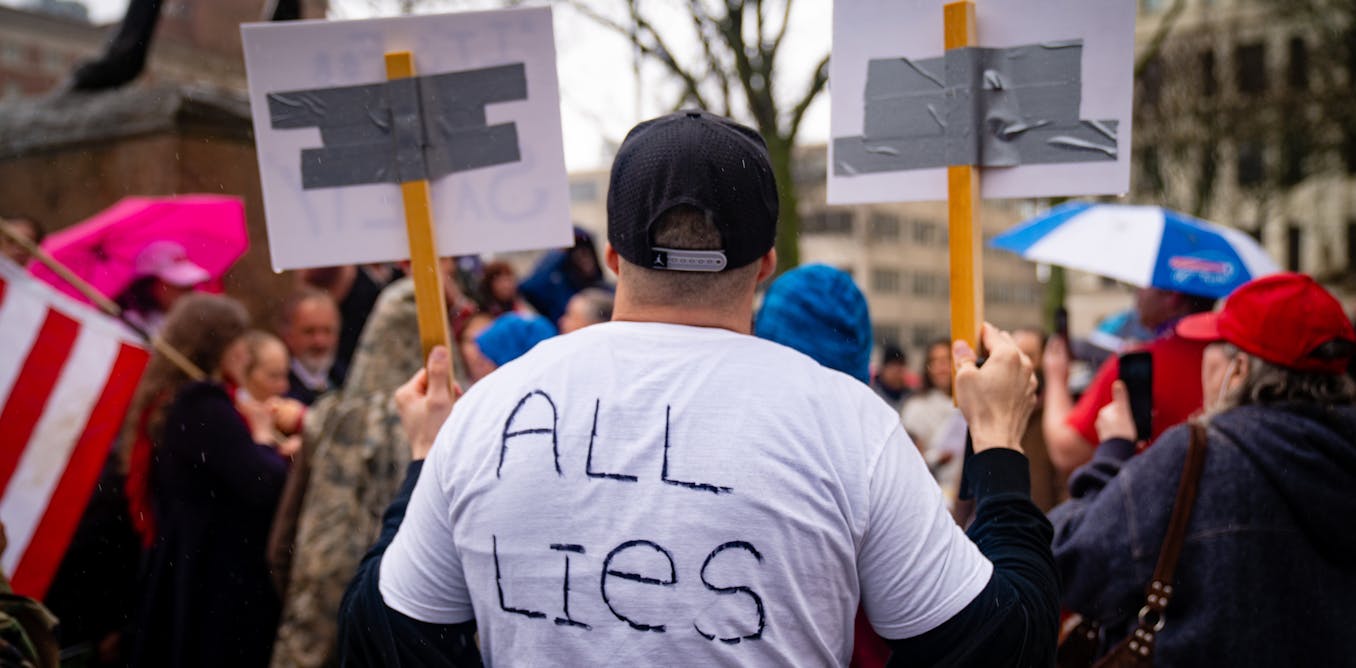The whole story of human evolution – from ancient apes via Lucy to us
Our understanding of human ancestry has changed dramatically since the discovery of Lucy the ancient hominin 50 years ago. Here is the history of humanity as we know it today.
John Gowlett, Professor of Archaeology and Evolutionary Anthropology, Department of Archaeology, Classics and Egyptology, University of Liverpool •
conversation
Nov. 25, 2024 • ~44 min
Nov. 25, 2024 • ~44 min
The whole story of human evolution – from ancient apes via Lucy to us – in one long read
Our understanding of human ancestry has changed dramatically since the discovery of Lucy the ancient hominin 50 years ago. Here is the history of humanity as we know it today.
John Gowlett, Professor of Archaeology and Evolutionary Anthropology, Department of Archaeology, Classics and Egyptology, University of Liverpool •
conversation
Nov. 25, 2024 • ~44 min
Nov. 25, 2024 • ~44 min
Ancient humans were so good at surviving the last ice age they didn’t have to migrate like other species – new study
Most animals retreated to small, warmer enclaves. But some, like humans, seemed to have stayed where they were.
Jeremy Searle, Professor of Ecology and Evolutionary Biology, Cornell University •
conversation
Oct. 11, 2024 • ~6 min
Oct. 11, 2024 • ~6 min
Why did modern humans replace the Neanderthals? The key might lie in our social structures
Neanderthals and humans may have been equally smart and skilled, but some evidence points to humans living in larger groups.
Nicholas R. Longrich, Senior Lecturer in Paleontology and Evolutionary Biology, Life Sciences at the University of Bath, University of Bath •
conversation
March 26, 2024 • ~8 min
March 26, 2024 • ~8 min
A tooth that rewrites history? The discovery challenging what we knew about Neanderthals – podcast
What could the extinction of Neanderthals tell us about our own species? An archaeologist explains in The Conversation Weekly podcast.
Mend Mariwany, Producer, The Conversation Weekly Podcast, The Conversation
• conversation
Oct. 12, 2023 • ~5 min
Oct. 12, 2023 • ~5 min
/
4








